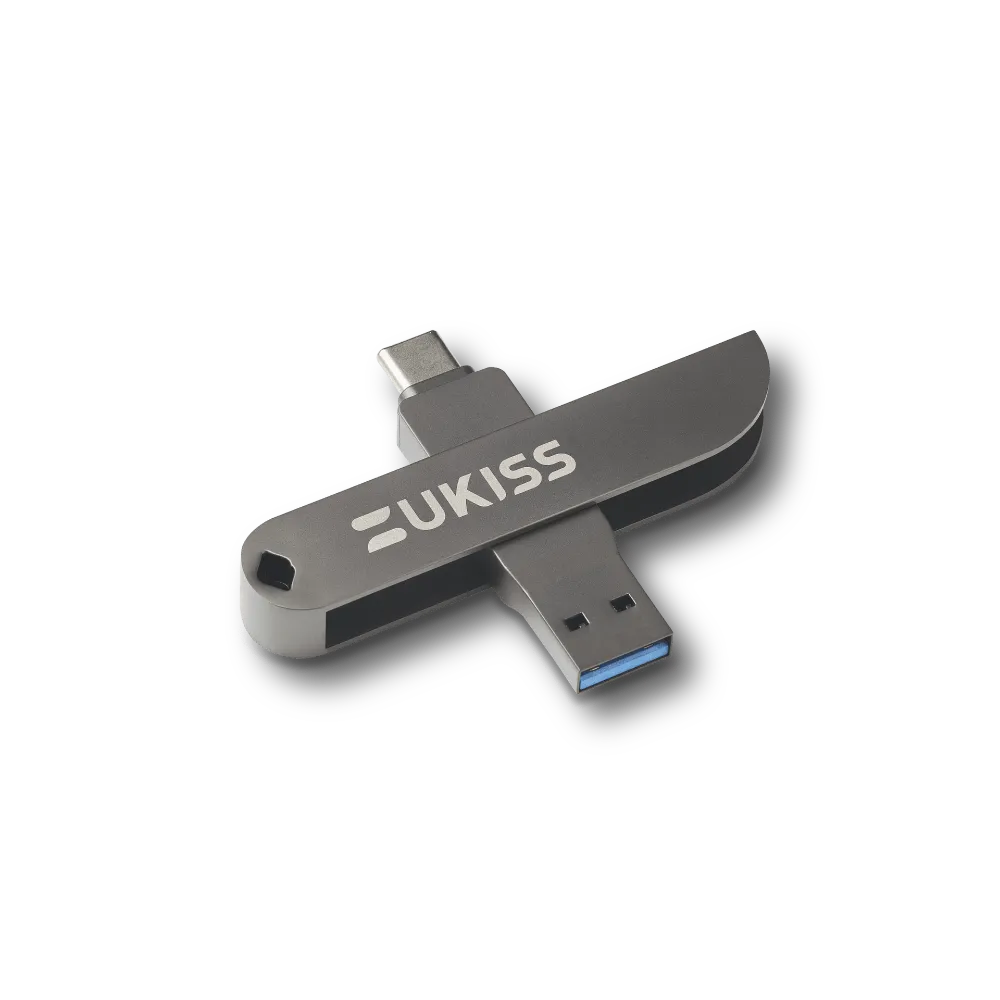Ethereum, launched in 2015 by programmer Vitalik Buterin, is the second-largest cryptocurrency by market capitalization, only behind Bitcoin. But Ethereum is more than just digital currency; it’s a decentralized platform that allows developers to build and deploy smart contracts and decentralized applications (dApps). Unlike Bitcoin, which primarily functions as a digital form of money, Ethereum aims to be a global, decentralized computing platform that can transform industries beyond finance, such as healthcare, logistics, and governance.
The creation of Ethereum was driven by the desire to push blockchain technology beyond financial transactions. Vitalik Buterin envisioned a platform that would enable anyone to code and deploy applications without centralized oversight, ultimately democratizing the internet and enhancing security, transparency, and efficiency. Traditional financial systems have long suffered from inefficiencies, high costs, and limited access. Ethereum’s technology offers a transformative approach, addressing these issues with decentralized solutions that remove intermediaries, reduce transaction times, and cut costs.
Ethereum's Solution to Traditional Finance Challenges
Traditional finance has been the backbone of the global economy, but it comes with significant drawbacks. Centralization often leads to high transaction fees, slow processing times, lack of transparency, and susceptibility to censorship and fraud. Moreover, billions of people around the world remain unbanked or underbanked, unable to access essential financial services due to barriers such as geography, documentation requirements, or lack of credit history.
Ethereum addresses these challenges with its decentralized platform. It removes the need for intermediaries, allowing peer-to-peer transactions and automated processes through smart contracts. These self-executing contracts operate on coded instructions, reducing the need for manual intervention, cutting costs, and eliminating errors. Furthermore, Ethereum opens financial services to anyone with internet access, democratizing finance and providing opportunities for those excluded from traditional systems.
Ethereum's Impact to Finance and Beyond

Ethereum’s blockchain is a powerful tool for disrupting traditional finance. Its capabilities go far beyond payments and transactions; Ethereum enables the creation of decentralized finance (DeFi) applications that offer lending, borrowing, trading, and insurance without the need for banks or financial institutions. This gives users control over their funds and allows them to access financial products directly from their wallets, 24/7.
In addition, Ethereum’s programmability enables the creation of tokens, which can represent anything from digital art (NFTs) to real estate. These tokens can be traded, sold, or used as collateral, opening up new possibilities for asset ownership and investment. Ethereum also enables the development of decentralized autonomous organizations (DAOs), which are community-led entities without centralized leadership, further showcasing the platform’s potential to revolutionize governance and collaboration.
Mining, Proof of Stake, and Transactions

Ethereum’s transition from a Proof of Work (PoW) to a Proof of Stake (PoS) consensus mechanism marks a significant milestone in its evolution. Originally, Ethereum operated on PoW, where miners solved complex mathematical problems to validate transactions and secure the network. However, this process was energy-intensive and costly, prompting Ethereum’s move to PoS with the launch of Ethereum 2.0.
Under PoS, validators replace miners. Validators are chosen based on the amount of cryptocurrency they hold and are willing to “stake” as collateral. This change has made Ethereum more energy-efficient, secure, and scalable, reducing the environmental impact and enhancing transaction speed. Staking also offers users a way to earn rewards by participating in network validation, adding a layer of engagement and incentive that was previously unavailable under PoW.
Unique Features and Capabilities
Ethereum stands out due to its unique features, which include smart contracts, dApps, and the Ethereum Virtual Machine (EVM). The EVM acts as a decentralized computer that runs all the applications on the Ethereum network, ensuring that every action taken on the blockchain is executed exactly as programmed. This reduces the risk of fraud, censorship, and downtime.
Smart contracts are one of Ethereum’s defining innovations. They are self-executing contracts with the terms of the agreement directly written into code. This removes the need for a trusted third party, as the contract automatically enforces the agreed-upon terms when conditions are met. For example, in the insurance industry, smart contracts can automate payouts for claims when predefined conditions are satisfied, such as flight delays or weather disruptions.
Layer 1 and the Future of ETH scaling
As Ethereum continues to grow, so do the demands on its network. The Layer 1 blockchain faces scalability challenges due to its growing user base and the number of transactions processed daily. To address this, Ethereum developers are working on scaling solutions like Layer 2, which include sidechains and rollups. These technologies allow for offloading some transactions from the main Ethereum chain, thereby increasing throughput and reducing fees.
Ethereum’s shift to PoS is also a crucial component of its scaling strategy. With future upgrades, Ethereum aims to introduce shard chains that will split the network into smaller parts, allowing parallel processing of transactions. This innovation will significantly boost Ethereum’s capacity and lower costs, making it even more attractive for developers and users.
Ethereum's Why?
Ethereum’s appeal extends beyond the tech-savvy community to any individual or business looking for a secure, transparent, and efficient way to manage transactions or build applications. For developers, Ethereum provides a robust, open-source platform for creating dApps that can disrupt traditional business models. For investors, Ethereum offers exposure to a leading blockchain with numerous use cases and continuous development.
A Pioneer in the Blockchain World

Ethereum has solidified its position as a pioneer in the blockchain world, continually evolving to meet the needs of its growing ecosystem. From its inception as a programmable blockchain to its recent shift to PoS, Ethereum has demonstrated resilience, innovation, and a commitment to decentralization. Its ability to solve real-world problems, from financial inclusion to digital identity management, makes it an indispensable asset in the journey toward a decentralized future.
Join CryptoBilis as we explore and embrace the revolutionary potential of Ethereum. Stay connected with our community for insights, updates, and opportunities to engage in the world of blockchain and cryptocurrencies. Together, let’s empower the next generation of innovators and enthusiasts.
























